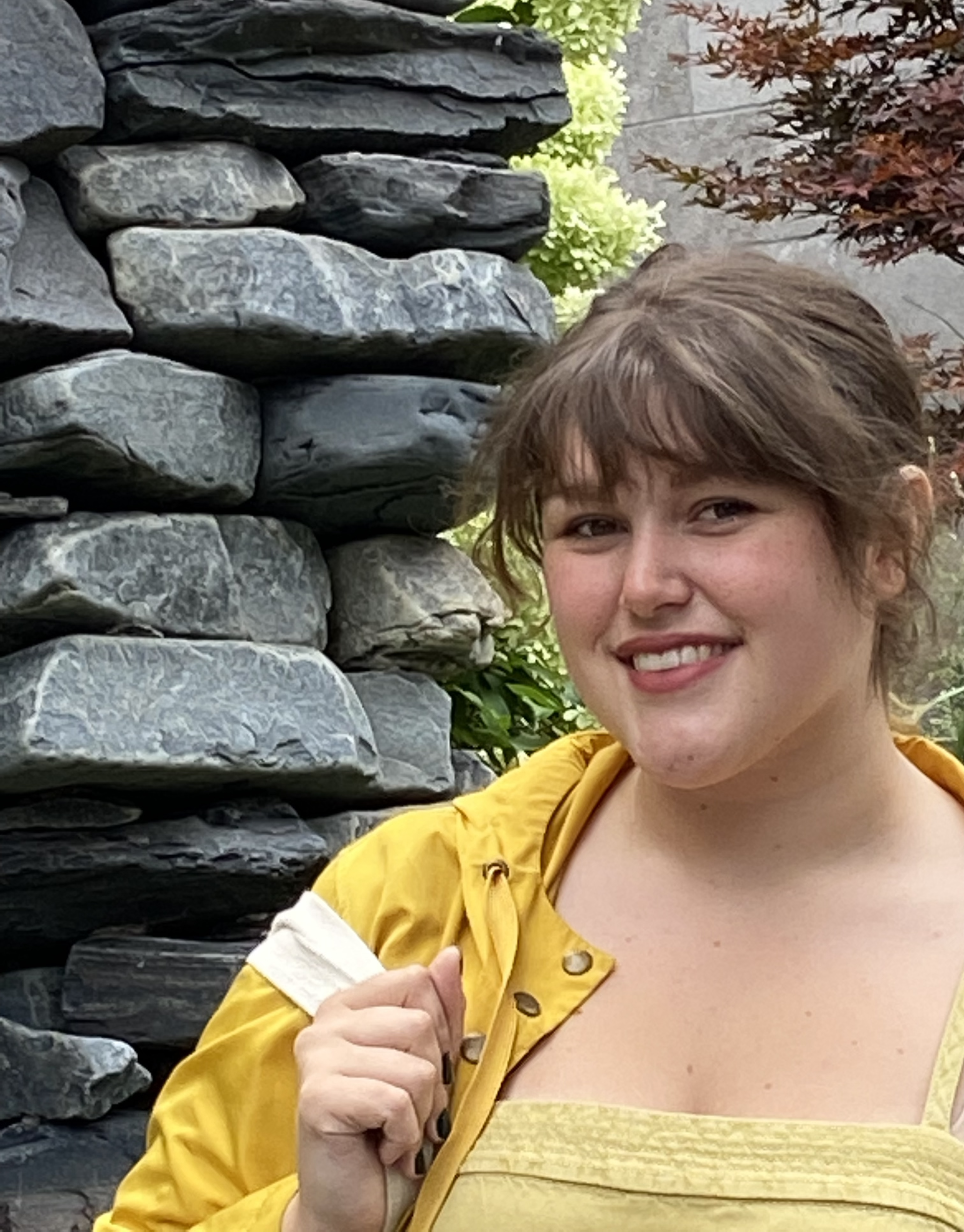The act of teaching historically and traditionally, in Western settings, is synonymous with sharing expertise, with being a keeper of knowledge and therefore always the speaker, never asking questions without knowing the answer. As we move into inclusive and culturally-responsive pedagogy, that idea is being dismantled, and the position of a teacher as a person who makes mistakes, who is not the authority on any subject, let alone the one they are teaching, is being constructed. As is posited in ‘Read, Listen, Tell’, “We do not read from a so-called neutral, omniscient perspective from which we can under- stand everything” (pg 4), and neither do we teach — I cannot, as a white woman living on unneeded territory, pretend that I may ever teach any subject, particularly one such as FNMI Studies, without the lens of living and working as a colonizer, with all the privileges that I am afforded with that position. What I can do is be aware of my own positionality, and ask those questions that “Read, Listen, Tell” offers: “Who am I, how have my experiences shaped what I know, and what do I need to learn?” (Pg 4). Of course, the answers to those questions are not and cannot be static: my personal context, as it relates to my position as a teacher, will not be the same between any two texts. If I were to assume this, I would be at risk of narrowing what I may learn. To singularly and completely define any one thing is to exclude the potential that it holds and to reduce the capabilities it has; this is an idea that is repeated in “Read, Listen, Tell” and “Why Indigenous Literature Matters”: McCall et. all refuse to offer “a stable definition of what Indigenous literatures “are,”” as this would offer “definitions that risk excluding and silencing voices” (pg 3), while Justice, again and again, asks us to expand our definitions as we approach what Indigenous literature is. While recognizing that no one definition may encompass all facets of the thing it tries to define—and more often than not, limits and excludes key pieces—is an important idea to keep in mind in all aspects of teaching, it is particularly critical when approaching Indigenous literatures and ways of knowledge. Justice remarks: “not all things are meant for all people”. I am not meant to understand the breadth of Indigenous cultures, I do not have the right to all of the knowledge and stories that an Indigenous elder may hold. I can learn as much as I am able, and part of that includes learning that there are some things that I am not entitled to, that I may wonder at. I cannot ever be the foremost expert, nor should I expect to be.
As I navigate through Indigenous literatures, and the ways that knowledge is kept or shared depending on the positionality of the keeper and the reader, I reflect on how story changes too. Questions come to mind, such as: What do we know to be true? What stories have we been told and regarded as fiction, rather than truth? How do we navigate the past, our history (as people, as a country, as colonizers) while trying to balance those binaries of fact and fiction, history and story? While reading The Marrow Thieves, the ground is shifting constantly for the characters: they have built their understanding of the world based on the (hi)story they know to be ‘true’, but that story is told in pieces or winds itself around the facts, burying truth in fiction. When new details come to light, the ground shifts again, and we (along with the characters) have to reckon with and adapt to the new light that has been shed on the world they thought they knew. Whether those details are small, intimate truths, major events, or new chapters of stories we thought we knew, they change what we know to be fact, and what we know to be fiction, drawing new lines all the time. This is reflected in our world too: what I thought I knew about residential schools, and considered to be a full and true history, changed upon the discovery of mass graves in the summer of 2021. I find myself tracking mirrors of these changes, and mirrors of their reactions, in my own life. This text is allowing me a point of inquiry into how we see truth, how we understand fiction, and how history and story both inform our view of the world, and how that view changes with every new detail and every new story we are presented with.
Throughout, there are major themes of shifting perspectives. I am grappling with the understanding that what is in these works of fiction very closely mirrors our history as a country founded on colonialism and genocide. The binaries I am inspecting are not as dichotomous as we’d like to imagine they are: fact is often woven into fiction, and fiction can be presented as fact; but the question then remains, how do we engage with this text (with any text really) when we know for some, it will be truth, and for others, it will simply be a story?
